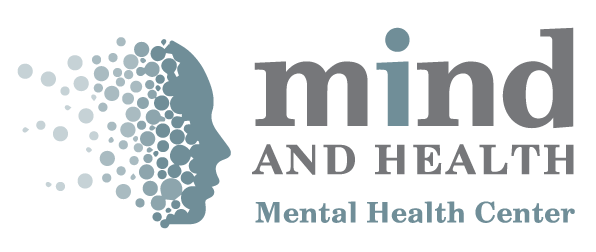Constantina Christou
Psychologist & Psychotherapist
Constantina Christou is a Psychologist and Psychotherapist and she is specializing in Integrative Psychotherapy, meaning that she is trained in more than one psychotherapeutic approaches and she utilizes them during the psychotherapeutic sessions.
Some of the Approaches include Cognitive Behavioral Therapy, Person-Cantered Approach, Solution Focused Brief Therapy and Attachment Theory.
She holds a BA in Psychology from Suffolk University in Boston, USA (CUM LAUDE) and a MΑ in Integrative Counselling Practice from the University of Derby in the UK.
Ms Christou has her own Private Practice in Nicosia since 2009 and has extensive experience working with adults, couples, young children and adolescents.
Her expertise covers various fields including Depression, Relationship Issues, Post-Traumatic Stress Disorder (PTSD), General Anxiety Disorder (GAD), Eating Disorders, Self-harm, Anger management, Bereavement, Domestic violence, Sexual abuse, Substance abuse, Obsessive Compulsive Disorder (OCD), Phobias, Obsessions, Anxiety and Panic Attacks.
She is an experienced trainer as for several years she has been organizing and performing lectures, trainings and workshops for different topics on behalf of Municipalities, various Organizations, private companies, public and private schools.
MS Christou is a member of the British Association for Counselling & Psychotherapy (BACP) and a founding member of the Pancyprian Association for Psychotherapists (PAP).
She is also actively involved in voluntarism through her participation in many Non-profit and Non-Governmental Organizations. Since 2009 she appears on various TV live shows as an expert discussing a large range of psychosocial subjects.
For two years she had her own live radio show at LOGOS radio station 101.1 FM called “O Logos tou Paralogou” where people could call and ask questions or comment on psychosocial issues raised during the show. You can find the TV appearances on her YouTube Channel.
Specialization
Integrative Psychotherapy
Psychotherapy, often referred to as talk therapy or counselling, is a therapeutic process in which individuals, couples, or groups engage in conversations with trained therapists to address emotional, psychological, or behavioral challenges. The primary objective of psychotherapy is to enhance mental well-being by fostering trust and open communication within a safe and confidential environment.
Through this therapeutic relationship, therapists employ evidence-based techniques and a variety of approaches to help clients achieve specific goals, whether it’s managing symptoms of mental health disorders, improving coping strategies, increasing self-awareness, or resolving interpersonal conflicts. Psychotherapy empowers individuals to explore their thoughts and emotions, develop problem-solving skills, and gain insight into themselves, ultimately promoting personal growth and positive change.
Psychotherapy sessions can vary in duration and frequency, ranging from short-term interventions to long-term, ongoing support. Regardless of the approach used, psychotherapy emphasizes ethical standards and confidentiality to ensure the well-being and privacy of clients. It provides a valuable resource for individuals seeking to navigate life’s challenges, develop healthier coping mechanisms, and work toward a happier, more fulfilling life.
Specialisation Benefits:
- Psychotherapists provide a supportive and non-judgmental environment for individuals to explore their thoughts and feelings, fostering self-awareness and emotional insight.
- They offer evidence-based therapeutic techniques to help individuals cope with stress, manage emotional issues, and develop healthier patterns of behaviour.
- Psychotherapists assist clients in setting and working toward specific goals, empowering them to make positive changes in their lives and relationships.
- They help individuals develop effective problem-solving skills, enabling them to navigate life’s challenges with greater resilience and confidence.

